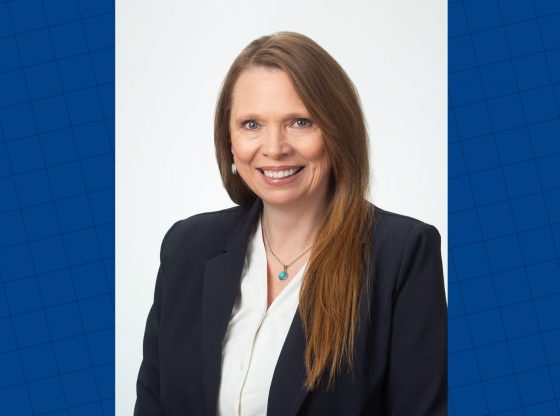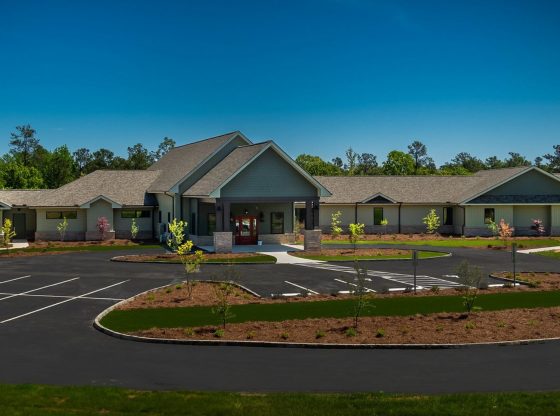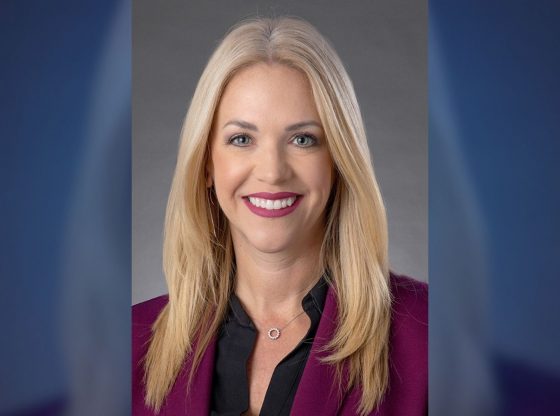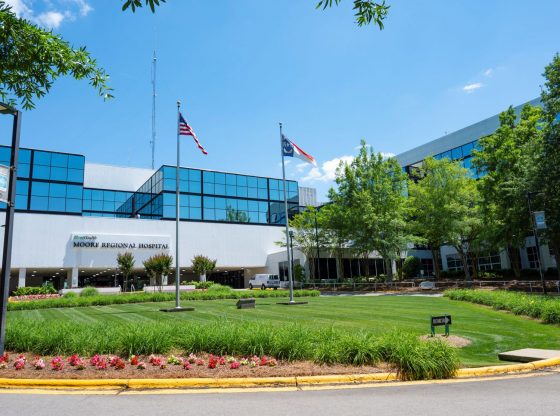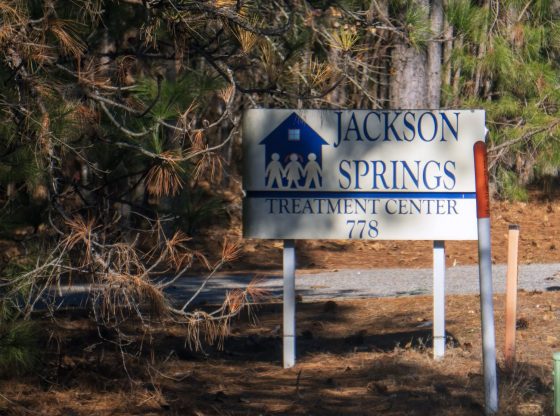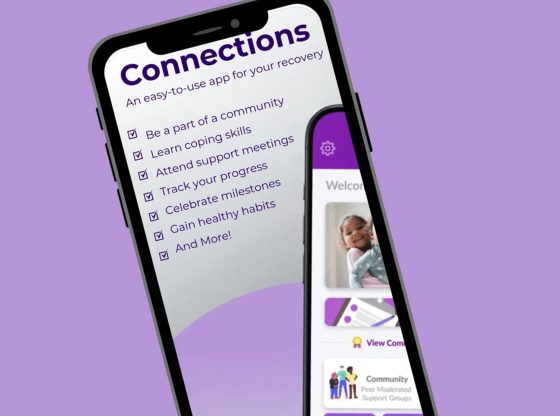Reps. Murphy and Horn and Sens. Davis and McInnis, joined by Attorney General Josh Stein, today unveiled the HOPE Act, formally the Heroin and Opioid Prevention and Enforcement Act, to strengthen law enforcement efforts to confront the opioid crisis.
This legislation will:
· strengthen consequences healthcare workers who steal, dilute, or substitute a patient’s drugs;
· give trained investigators appropriate access to prescription data and records to improve investigations;
· fund an additional SBI special agent to coordinate local drug investigators;
· expand and strengthen the Controlled Substances Reporting System by adding data on veterinary drugs, National Provider Identifier information, and the name and ID of a person receiving Schedule II or III drugs;
· clarify that fentanyl trafficking is covered by our drug trafficking statutes;
· invest $10 million a year in community-based drug treatment and recovery services;
· invest $1 million a year in naloxone to protect law enforcement officers and the citizens they serve;
· invest $160,000 in Operation Medicine Drop to safety destroy unneeded prescription drugs.
“Families all across this state are dealing with the tragedy of losing children, parents, siblings and friends,” said Sen. Tom McInnis- R (Richmond). “We owe it to them to take every step possible to stop the spread of these deadly drugs.”
“There is no single answer that will end the opioid crisis,” said Attorney General Josh Stein. “We have to constantly look for ways to reduce supply and demand of these dangerous drugs. Last year, this group worked together to reduce over-prescription so that fewer people become addicted and fewer pills are in circulation. I’m proud to once again join this bipartisan group to further reduce the supply of opioids. The HOPE Act focuses on smart enforcement to stop the spread of these deadly drugs on our streets.”
This legislation comes as a result of the work done by the North Carolina Law Enforcement Opioid Task Force, a group the Attorney General convened to coordinate and support the efforts of local, state, and federal law enforcement authorities to confront the opioid epidemic. The group includes representatives from more than 30 local, state and federal law enforcement agencies and organizations and meets quarterly to address these issues.





